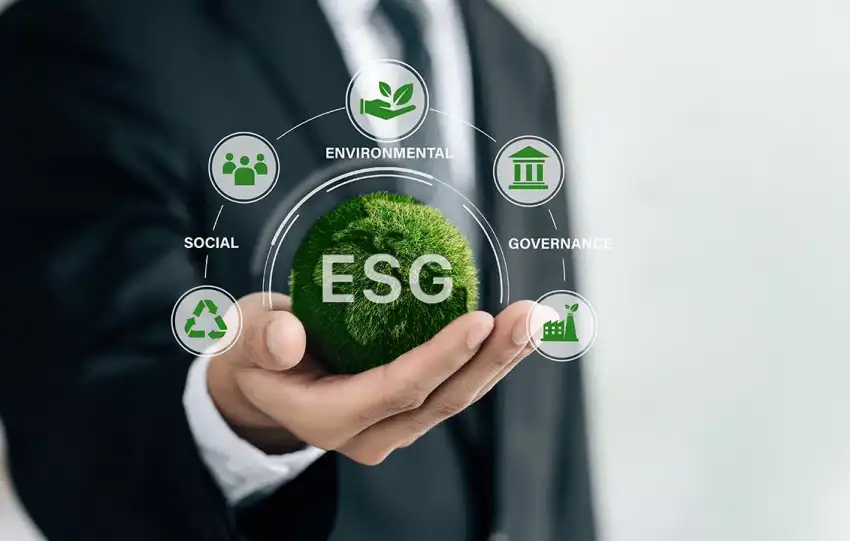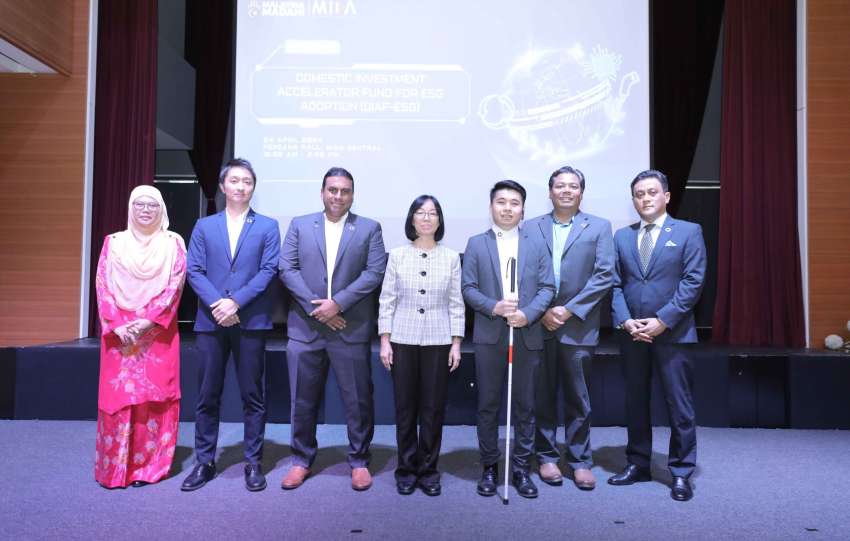March 10 – An illegal electronic waste (e-waste) processing operation disguised as a scrap metal business was recently dismantled by the Marine Police Force (PPM) Region 1 in collaboration with the Selangor Department of Environment (JAS).
- The raid took place in Meru Industrial Park, Kapar, where authorities seized over RM33.18 million worth of e-waste and machinery.
- The syndicate illegally processed electronic waste by extracting valuable materials like copper and aluminum, while irresponsibly discarding hazardous waste.
- This operation violated Malaysia’s Environmental Quality Act 1974, highlighting the urgent need for stricter enforcement against unregulated e-waste activities.
Details of the Operation
- Date and Time: Conducted around 11 a.m. on a Thursday.
- Location: A licensed premises in Meru Industrial Park, Kapar, misused for illegal activities.
- Modus Operandi:
- The facility disguised itself as a legal scrap metal business to avoid detection.
- E-waste was illegally imported, processed, and valuable components were extracted.
- The remaining toxic waste was abandoned, leading to severe environmental consequences.
- Labor Force: Foreign workers were used to maintain the appearance of a legitimate business during the day.
Seizures and Arrests
- Arrest: A 30-year-old local male caretaker was detained for further investigation.
- Seized Items:
- 1.23 million kilograms of e-waste (categorized as scheduled waste under Environmental Quality (Scheduled Wastes) Regulations 2005).
- Copper: 16,100 kg
- Unprocessed Aluminum: 112,000 kg
- Processed Aluminum: 207,900 kg
- Mixed E-Waste: 868,500 kg
- Equipment Seized: Forklifts, weighing scales, a lorry, a dewatering machine, and conveyor machines.
How Illegal E-Waste Syndicates Affect ESG & Sustainability in Malaysia
The operation of illegal e-waste syndicates poses serious threats to Malaysia’s Environmental, Social, and Governance (ESG) goals and sustainability efforts:
1. Environmental (E) – Pollution and Resource Mismanagement
- Toxic waste leakage: Improper disposal contaminates soil, water, and air, harming ecosystems.
- Unethical resource extraction: Instead of responsible recycling, syndicates prioritize profit, leading to high emissions and inefficient material recovery.
- Violation of Malaysia’s sustainability goals: Contradicts national efforts to achieve a circular economy and net-zero emissions by 2050.
2. Social (S) – Public Health and Community Impact
- Health hazards: E-waste contains hazardous substances like lead, mercury, and cadmium, causing respiratory issues, neurological disorders, and cancer.
- Exploitation of workers: Foreign laborers often work in unsafe conditions without protective gear, increasing occupational health risks.
- Negative impact on communities: Polluted environments harm local communities, reducing their quality of life and economic opportunities.
3. Governance (G) – Regulatory Compliance and Ethical Business Practices
- Illegal operations undermine environmental laws: Syndicates evade government regulations and ESG reporting standards.
- Financial crimes: Unregulated businesses launder money, evade taxes, and engage in corrupt practices.
- Weakens investor confidence: Ethical investors seek businesses that comply with ESG frameworks, and illegal activities tarnish Malaysia’s reputation in sustainable business practices.
Benefits of Catching This E-Waste Syndicate
Dismantling illegal e-waste operations brings multiple benefits for Malaysia’s ESG framework and sustainability goals:
✔ Protects the environment: Prevents toxic waste contamination, ensuring a cleaner and safer ecosystem.
✔ Improves public health: Reduces exposure to hazardous chemicals, lowering health risks for local communities.
✔ Promotes responsible waste management: Strengthens the formal recycling sector, encouraging eco-friendly disposal practices.
✔ Enhances corporate governance: Enforces ESG compliance, ensuring businesses operate transparently and ethically.
✔ Attracts sustainable investments: Builds investor confidence in Malaysia’s regulatory enforcement and green economy initiatives.
Conclusion
The dismantling of this illegal e-waste syndicate highlights the importance of strong law enforcement, public awareness, and corporate responsibility in achieving sustainable waste management.
- Stronger regulations and community involvement are essential to preventing future illegal activities.
- Proper e-waste disposal and recycling initiatives must be encouraged to support Malaysia’s net-zero and ESG targets.
- Malaysia’s commitment to sustainability and environmental governance remains crucial in ensuring a cleaner, healthier future.





